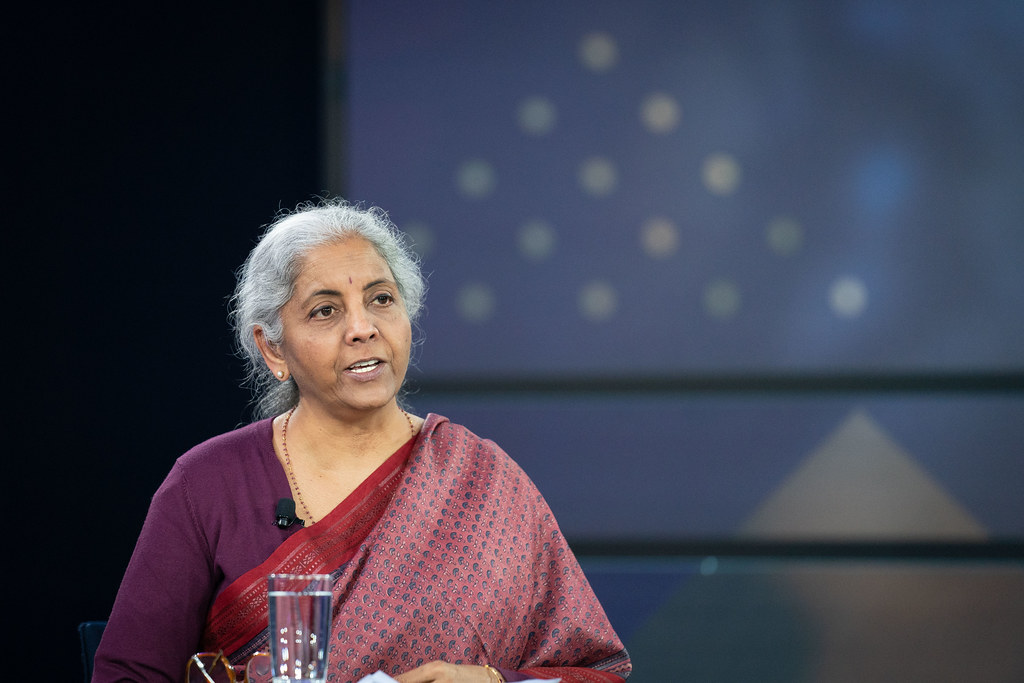Finance Minister Nirmala Sitharaman has called for decoupling negotiations on Bilateral Investment Treaties (BITs) from broader free trade agreements (FTAs), emphasizing the need to prioritize India’s sovereign and economic interests. This stance reflects India’s cautious approach to global investment rules, shaped by past disputes (e.g., Vodafone and Cairn Energy tax cases) and a 2016 overhaul of its Model BIT to safeguard regulatory autonomy.
Key Points from FM Sitharaman’s Position
Separate Negotiations for BITs:
- Argues that standalone BITs allow India to tailor terms to its development needs, rather than accepting “one-size-fits-all” clauses embedded in comprehensive FTAs.
- Prevents trade-offs where concessions on investment protections could dilute India’s priorities in areas like agriculture or digital sovereignty.
Safeguarding National Interests:
- Stresses the importance of “right to regulate” clauses to protect public welfare, environmental policies, and tax sovereignty.
- Seeks to avoid investor-state dispute settlement (ISDS) mechanisms that could expose India to costly international arbitrations.
Learning from Past Disputes:
- References high-profile cases (e.g., $1.4 billion Vodafone arbitration loss in 2020) to justify stricter safeguards against treaty abuse.
- Aligns with India’s 2016 Model BIT, which prioritizes exhaustion of local remedies before international arbitration.
Drivers of India’s Cautious BIT Strategy
Attracting FDI Without Compromising Sovereignty:
- Balancing investor confidence with protections for domestic policymaking (e.g., data localization, climate mandates).
Global Economic Shifts:
- Rising protectionism and renegotiation of treaties (e.g., U.S.-China tensions) prompt India to assert greater control over terms.
Tech and Critical Minerals:
- BITs increasingly cover emerging sectors like semiconductors and green energy, where India seeks to secure supply chains while retaining flexibility.
Implications for India’s Trade Policy
Slower FTA Progress:
- Decoupling BITs may delay deals with the EU, UK, and others, as partners push integrated agreements.
Investor Sentiment:
- Critics warn overly rigid BITs could deter foreign capital, while supporters argue clarity enhances long-term trust.
Global Leadership:
- Positions India as a defender of Global South sovereignty in reshaping inequitable investment norms.
Global Reaction and Challenges
Pushback from Partners:
- Developed economies (e.g., EU) favor ISDS clauses; India’s stance could complicate ongoing talks.
Competing Models:
- Contrasts with China’s BIT strategy, which combines flexibility with aggressive infrastructure diplomacy.
Domestic Coordination
- Requires alignment between ministries (Commerce, Finance, External Affairs) to avoid fragmented policies.
FOLLOW: https://newsroom47.com/maha-kumbh-chaos-18-dead-in-stampede-at-delhi-railway-station/
Newsroom 47
